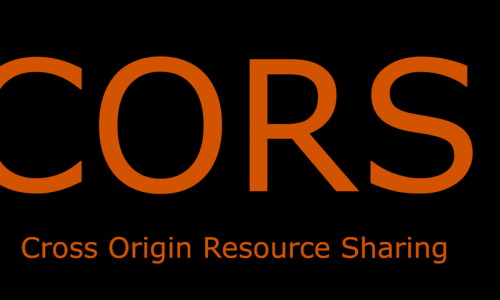CORS
Croos-Origin Resource Sharing
What is GIMP
It’s a mechanism that allows web servers to specify which origins are permitted to access the resources of a website. CORS plays a crucial role in web security by mitigating certain types of cross-origin vulnerabilities, as mentioned in the previous response. By defining a set of rules in HTTP headers, CORS controls how web browsers can interact with resources from different origins. This helps prevent unauthorized access to sensitive data and protects against various web security threats.



